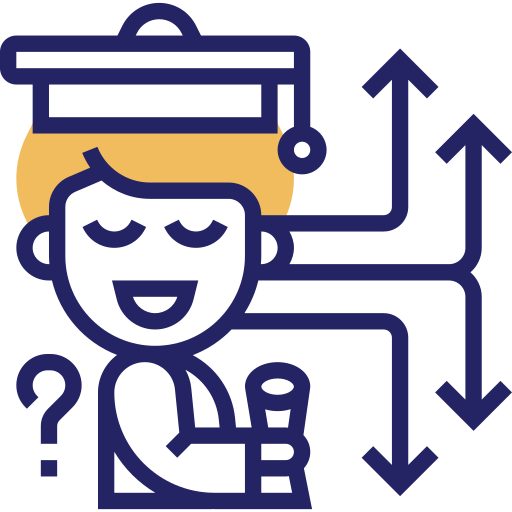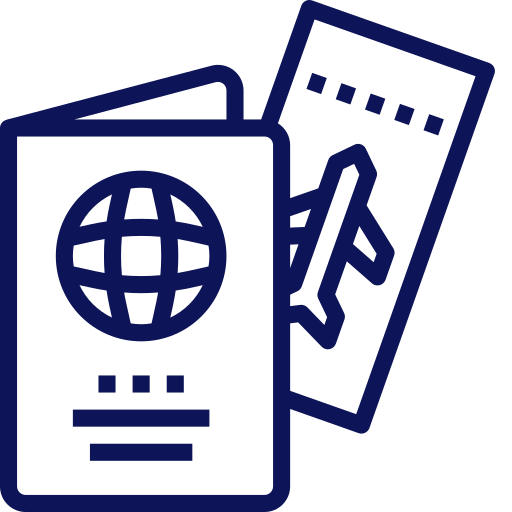
To excel academically, students need effective study strategies. Mentor Plus equips students with practical study techniques and time management skills to enhance their learning experience. Our mentors help students develop personalized study plans, enabling them to stay organized and focused on achieving their academic goals.
Importance of Effective Study Strategies
- Maximizing Learning Potential: Understanding the significance of study strategies in optimizing comprehension, retention, and application of knowledge.
- Enhancing Time Efficiency: Recognizing the role of effective study techniques in managing time efficiently and making the most of study sessions.
- Improving Focus and Concentration: Exploring strategies to improve concentration, reduce distractions, and maintain focus during study sessions.
Tailored Study Plans for Individual Success
- Assessing Learning Style: Identifying individual learning preferences and tailoring study plans to align with specific learning styles, such as visual, auditory, or kinesthetic.
- Setting Realistic Goals: Collaborating with mentors to set achievable academic goals and breaking them down into manageable tasks within study plans.
- Customizing Study Techniques: Incorporating a variety of study techniques, such as active reading, summarizing, mind mapping, and self-quizzing, to cater to individual preferences and enhance understanding.
Effective Time Management Strategies
- Prioritizing Tasks: Learning to prioritize academic tasks based on importance, urgency, and personal goals to allocate time effectively.
- Creating Study Schedules: Develop personalized study schedules that account for individual commitments, energy levels, and peak productivity times.
- Balancing Workload: Strategically allocating time to different subjects, assignments, and revisions to maintain a balanced workload and prevent overwhelm.
Organization and Productivity Techniques
- Creating Study Environments: Establishing conducive study environments, free from distractions, and optimizing physical and digital spaces for better focus and productivity.
- Utilizing Study Tools: Introducing various study tools, such as planners, calendars, digital apps, and task management systems, to enhance organization and productivity.
- Note-Taking Strategies: Exploring effective note-taking methods, such as the Cornell method, mind mapping, or bullet journaling, to enhance comprehension and retention of information.
Overcoming Procrastination and Motivation Challenges
- Understanding Procrastination: Identifying underlying causes of procrastination and developing strategies to overcome this common challenge.
- Boosting Motivation: Exploring techniques to maintain motivation and enthusiasm for studying, including setting rewards, finding purpose, and practicing self-reflection.
- Managing Distractions: Implementing strategies to minimize distractions, such as turning off notifications, using website blockers, or implementing focused work sessions.
Monitoring Progress and Adapting Strategies
- Reflective Practice: Encouraging regular self-reflection to assess the effectiveness of study strategies and make necessary adjustments based on individual progress and feedback.
- Seeking Mentor Guidance: Consulting mentors to discuss challenges, seek advice, and receive feedback on study plans, progress, and areas for improvement.
- Continuous Improvement: Embracing a growth mindset and embracing the concept of lifelong learning, continuously refining study strategies to adapt to changing academic demands and personal growth.
Through Mentor Plus, students gain access to a range of effective study strategies and time management techniques tailored to their unique needs. With the guidance of experienced mentors, students can develop study plans that optimize their learning potential, boost productivity, and set them on a path to academic success.




